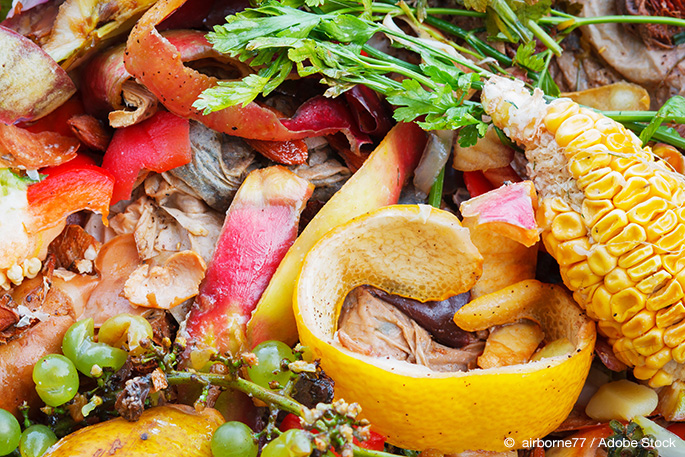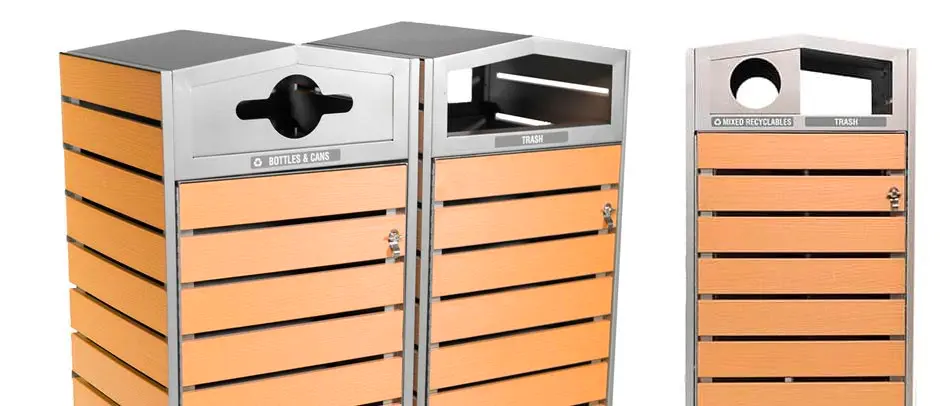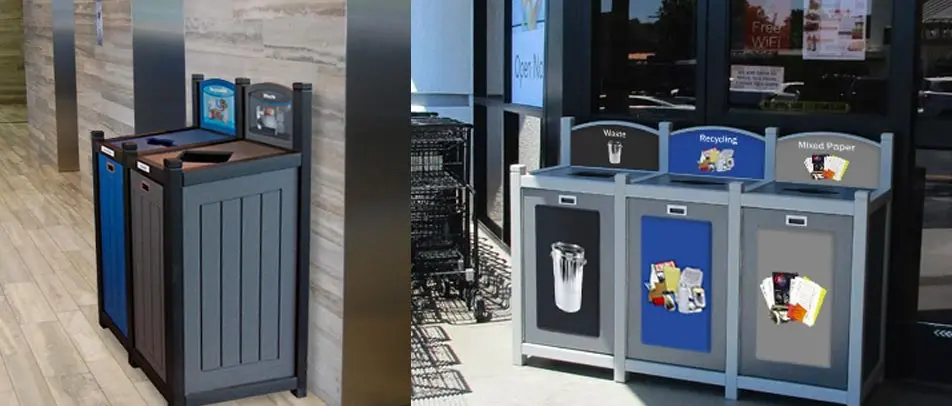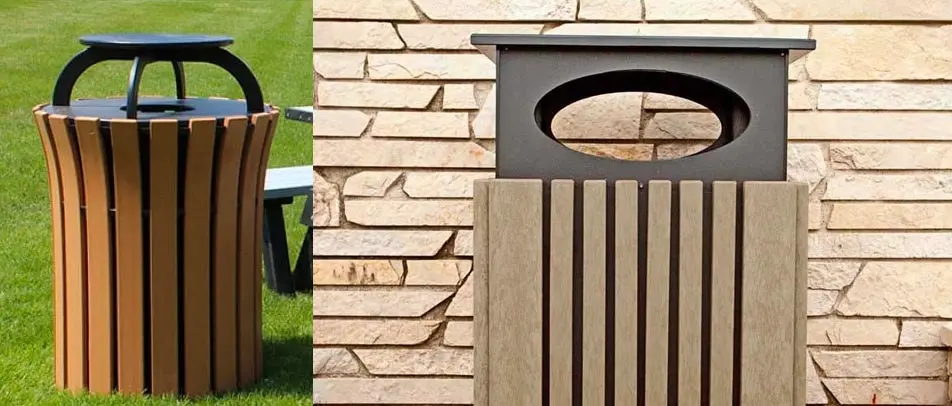
With millions of people all over the world struggling to find enough food to eat, the fact that millions of tons of food is tossed out every year can be surprising. But it is true. Food waste is a huge problem in developed countries and it is a serious economic and environmental issue.
According to the New York Times, 60 million metric tons of food is wasted every year in the United States alone. This is worth about $162 billion of food. 32 million metric tons end up in landfills which cost local governments $1.52 billion.
However, this food waste problem is not isolated to the United States. Every year, approximately $400 billion worth of food is wasted.
Not only is that money wasted, but that food also could have gone to people in need. The food waste from retailers and consumers in developed countries is more than enough to feed the world’s 870 food insecure people. The food waste problem is expected to grow worse unless an effort is made to change this. By 2030, the total cost of food waste could be as high as $600 billion.
Not only is this an economic problem, but it is also an environmental problem. The food wasted took resources to make. It used up huge amounts of water, land, and fertilizer only to be tossed in a landfill. The food in landfills decomposes and emits methane, a poisonous greenhouse gas. Globally, methane gas from food waste makes up seven percent of total greenhouse emissions. If the food had been composted properly, it would have emitted carbon dioxide, which is a less potent greenhouse gas.
It is important to cut down on food waste for both the economy and the environment. When shopping, buy “ugly” produce, or produce that most likely won’t be bought by anyone else. Also check food for bad smells or signs of mold before throwing it away instead of looking at the expiration date, which doesn’t indicate food safety but just an estimate of when the food quality starts going down. But also make sure to compost food scraps instead of throwing it away. Composting can be used to enhance the soil for your lawn and gardens, and it will reduce the amount of methane gas emitted from food waste.
Food waste has an economic impact and is a huge problem, but it is possible to cut it down for the economy and the environment.



































































































































 Three Ways to Engage Teams and Clients to Maximize Your Recycling Program Engagement
Three Ways to Engage Teams and Clients to Maximize Your Recycling Program Engagement  How to Integrate Accessibility Into Your Sustainability Planning
How to Integrate Accessibility Into Your Sustainability Planning  Why Park Benches Can Promote Workplace Well-Being
Why Park Benches Can Promote Workplace Well-Being 

Food waste is a worldwide epidemic, and it’s well past time the average person started fighting back, and I agreed that we need to cut it down our food waste to save the environment.
Thank you for the tip about how composting helps a lot to improve the state of your soil. We are a big family with 3 kids which means we produce a lot of food waste in a week. I want to recycle this food waste as much as possible to lessen my guilt of overspending, but I’ll keep an open mind about applying your tips so that we can save up money for other expenses.